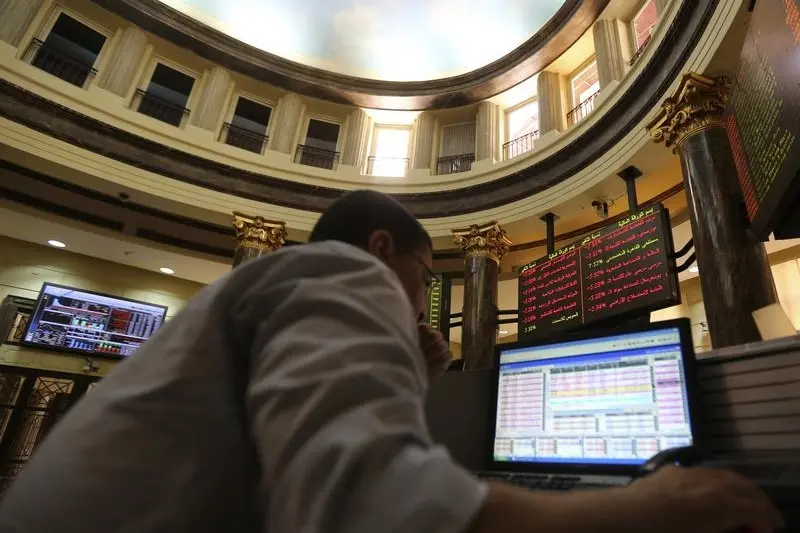PHOTO
Applying the value-added tax (VAT) will contribute to lower Egypt's current budget deficit by 1 percent, said deputy finance minister for tax policies, Amr El-Mounir on Friday.
Egyptian government is targeting 32 billion Egyptian pounds ($3.6 billion) a year from the implementation of VAT, El-Mounir added.
The money will go for subsidised food commodities, financing the government's Takaful and Karama national targeted social safety net programme, and social pensions to benefit 1.5 million families, the Egyptian official said.
In an attempt to increase public revenues, and thus, reduce the large and continuing state budget deficits, Egyptian government seeks to impose the VAT, an alternative to a sales tax.
The VAT proposal law, prepared by the Ministry of Finance, will be discussed on Sunday in the parliament for approval. It focuses on imposing taxes on some services and goods that were exempt from sales tax before, including international and private schools and universities. Other products and services will be exempt from taxes, such as tea and sugar.
VAT─also known as the goods and services tax─is a tax on consumer spending. VAT is a composite tax made up of the difference between the manufacturing cost and the selling price of domestic and imported goods. Applying VAT will subject all goods and services to sales tax, except those exempt by the law.
The VAT law is applied in more than 150 countries, fixes the distortions in the sales tax law, and expands the tax base, El-Mounir said.
© Amwal Alghad 2016





















